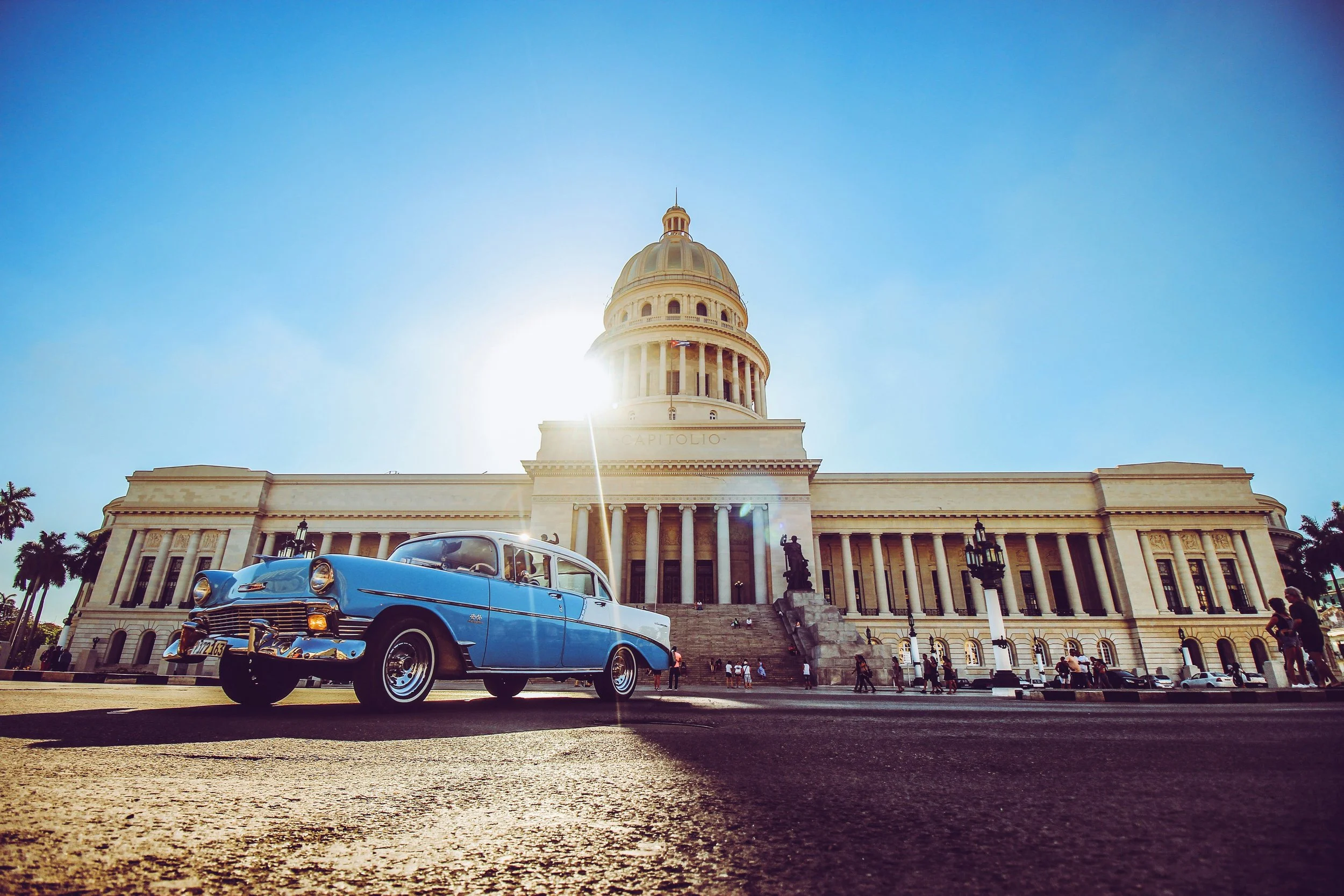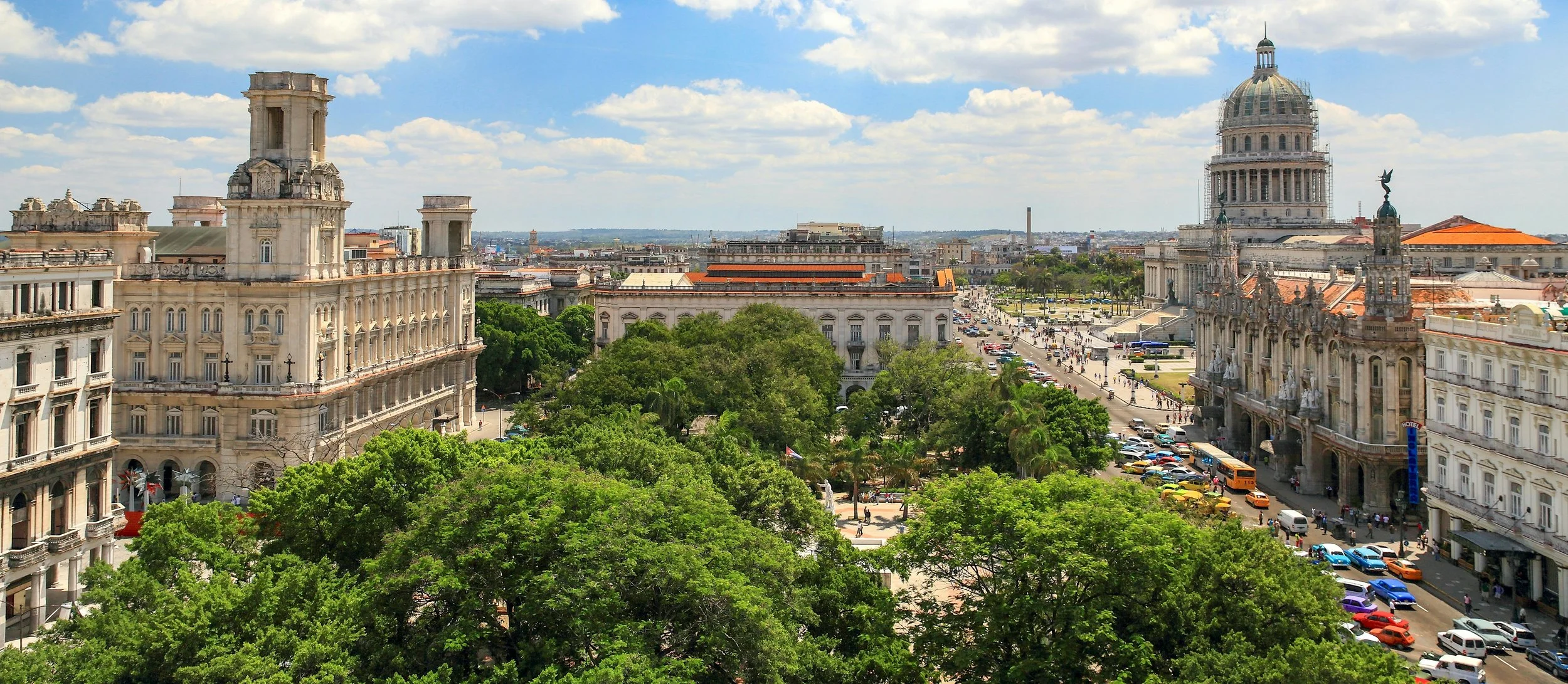Cigar Travel: Where to Smoke & Buy Cigars Around Cuba
If you love cigars, Cuba isn’t a destination so much as a gravity well. The island invented much of the ritual the rest of the world imitates: the barn doors thrown open to the breeze in Pinar del Río, the cedar-scented shops, the low murmur of a rolling gallery, the afternoon pause that feels designed for nothing except a slow, aromatic hour. Land at José Martí and even the air seems primed for smoke—warm, a touch salty, and restless with traffic along the Malecón. But traveling here as a cigar person isn’t simply a romantic exercise. Havana in 2025 is a jigsaw of official shops, sporadic supply, rules that actually matter at the airport, and a parallel chorus of advice from the traveler grapevine that can make or break your week. If you plan your trip like a smoker rather than a tourist, you’ll find the island gives you two trips at once: the Cuba of plazas, paladares, and music, and the Cuba of stocking days, sampling lounges, and hard-won boxes tucked into your carry-on like contraband treasure. Friends-of-Habanos veterans will tell you that this is half the fun—your first morning walk for coffee often ends, somehow, with a seat in a back room, the first inch of a robusto smoldering as you decide whether to chase a second.
The map begins with the official network: La Casa del Habano. These are the state-sanctioned shops that anchor Havana’s cigar geography, each with its own rhythm. Miramar’s Casa—long praised for its walk-in, its sampling spaces, and the kind of attentive staff that knows where the good boxes are sleeping—remains a pilgrimage stop for collectors; it’s the model many travelers have in mind when they imagine buying cigars in Havana. Across the city you’ll find hotel Casas and smaller government stores where the stock ebbs and flows, and the art is timing: opening hours, delivery days, festival weeks. When the Habanos Festival rolls around, even modest Casas like the one at Hotel Palco are suddenly worth a detour because resupplies land with the delegates; hit them early and you can do better than you’d expect in a tight market. That’s the real Havana lesson—your best find is often a function of when, not just where. Travelers swap these intel scraps in real time on forums because they’re truer than any printed guide: yes, supply is thinner and prices higher than the golden years, but the hunt is alive if you’re awake at the right hour.
Smoking in the city is both easier and more nuanced than outsiders think. Havana still feels cigar-shaped; terraces and open courtyards welcome a slow puff, and many shops include sampling lounges that make you forget the clock. Locals and repeat visitors will tell you the indoor rules are a patchwork—some hotel lobbies are cigar-friendly, others push smokers outside—but you are never truly short of a hospitable corner. Warm evenings along the Malecón turn even a humble petit corona into theater. A few airport notes also matter. Outbound, Jardines del Rey and other regional airports aren’t smoker havens; smoke before you go in because once you’re past the door you generally won’t be stepping back out. These aren’t dealbreakers—just reminders that Cuba is a living place with rules that don’t always match the postcard. The rhythm that works is simple: smoke outdoors or in designated lounges, ask rather than assume inside hotels and restaurants, and savor the fact that in this city, a cigar still feels like it belongs.
There’s a reason every veteran warns newcomers off the street deals. Counterfeiting is a cottage industry wherever tourists are thick on the pavement, and Havana is no exception. The real thing comes with official packaging and seals—the green warranty band on the left of the lid, the Habanos seal on the right, and, in modern boxes, the holographic elements and scannable codes that make life harder for fakers. Government-run Casas are not just nicer places to shop; they’re the point of the system. Buy there and you can rest easier that what you’re bringing home is what you think it is. Buy elsewhere and you might still get a decent smoke, but you’ll also buy doubt. Seasoned collectors keep Cuban Cigar Website bookmarked precisely for this reason: if you want to understand current bands, health warning stickers, and seal changes, the packaging breadcrumbs are all there. That knowledge pays for itself the first time someone whispers “factory discount” on a side street and you just keep walking.
The part most people ignore until the last day is customs. Cuba has formal rules at departure that catch travelers by surprise. If you are carrying more than a handful of singles, expect to be asked where you bought them and be ready to prove it. Habanos’ own notices lay out the expectation: anything beyond a small personal quantity needs an invoice from an authorized shop and original packaging with the proper seals. These policies have been updated over the years, but the spirit is constant—Casas first, paperwork ready, boxes intact. It’s not just Cuba, either. Your home country’s rules greet you on arrival. Americans lived through a whiplash decade of allowance changes, and while the U.S. has swung back to restricting Cuban tobacco imports, the broader lesson applies to everyone: check the current line before you cross it. Brits and Europeans returning from Havana face their own thresholds; Canadians and Latin American travelers have different ones again. Forums are full of cautionary tales because the last hour of a trip is the worst time to discover an old blog post was out of date. When in doubt, buy like a minimalist—fewer boxes, cleaner paperwork—and enjoy the cigars you do bring back all the more.
Havana, Decanted: Lounges, Stock, and the Unwritten Rules
Every Havana day seems to acquire a cigar-shaped center. Mornings favor shade-grown wrappers and coffee, afternoons belong to leisurely robustos under the arcades, and nights stretch long with maduros and music. If you tune your routine to the city’s pulse, the shops make more sense. Miramar’s Casa feels almost suburban, the place you linger in a leather chair and forget what time you were meant to meet your friends. Hotel Casas ebb with the guest waves; their humidors wake up just as the lobby traffic thins. During Festival week, the Palco shop becomes a little engine of its own—modest most of the year, suddenly flush when the seminars fill the convention center. If you’re chasing specific vitolas, the best strategy is to be predictable: visit early, ask politely, and return when the manager says “maybe later.” In Havana, manners still open doors.
Where to smoke is often answered by where you buy. Many Casas maintain sampling rooms for exactly this reason. The pleasure is half the point: choose the box, pay for a single, and test it on the spot with a short pour of espresso or rum. Outdoor cafés rarely bat an eye at a well-cut cigar; a quiet word with the waitstaff turns a corner table into your own little lounge. Forum veterans keep a running mental list of the best cross-streets and terraces, and the advice is almost always the same: aim for a breeze, avoid the full sun, and order something small to justify staying longer than you planned. You may read online that “you can smoke anywhere,” which isn’t quite true; Cuba has laws and hotels have policies. But Havana’s culture is still palpably pro-cigar in a way that feels rare in the modern world. The difference is why travelers keep coming back—not just for boxes, but for the city that lets you actually enjoy them.
Supply, in 2025, is a moving target. Friends-of-Habanos threads are frank about it: some days the cases look bare, some days a fresh shipment changes the mood of an entire neighborhood, and prices have climbed. That doesn’t make the hunt miserable; it just makes it real. The best Havana trips are paced like good cigars. Don’t try to force the first morning into a jackpot. Walk, watch, chat. Learn the names at your favorite Casa, return with a smile, and accept that the city rewards regulars. One well-timed visit where the staff waves you over to a fresh stack can do more for your suitcase than a week of sprinting. And if nothing else, you’ll still have smoked well, because Havana itself is a lounge with no walls. The benches along the Malecón, the shaded squares, the corner tables where every third passerby gives your cigar an approving nod—this is the part the photos can’t teach. It’s not just where you buy that matters. It’s what the city lets you feel while you smoke.
How to Travel Like a Smoker, Not a Tourist
A little homework pays for itself. Start with the official LCDH site to grasp the network and understand that the name over the door means something—stock flows differently, and the packaging you take home will satisfy the folks who check boxes at the airport. Read a current-year Havana shopping piece to calibrate expectations; a 2025 report is blunt about thin shelves and “when, not where” as the trick during big events. Then spend an hour on FOH, where trip reports and Q&As turn rumor into reality: smoking indoors is patchwork but plenty of rooms welcome you, airport lounges aren’t guaranteed, and the single smartest habit is to buy where the receipt has a crest on it. Layer on some old-fashioned packaging literacy and you’ll be inoculated against the siren song of street bargains. Finally, check customs from both ends—Cuban departure and your arrival rules—and don’t leave it to a friend-of-a-friend’s anecdote. Cuba wants the invoices and the seals if you carry much more than pocket-sized souvenirs; your home country wants you to know whether any Cuban tobacco is even allowed. If you handle those unromantic details before you land, the rest of the week can be all romance: coffee, cedar, conversation, and the soft, steady glow of a leaf smoked where it was meant to be smoked.
If you leave with fewer boxes than you hoped, you’ll still leave with what you came for: the feeling that cigars can be the center of a day, not the edge. Havana in 2025 demands patience in the shops and offers generosity in the smoking—an honest trade. Sit near the open doors of a Casa, listen to the humidor sigh when it closes, and watch the city pass by as if your table were a stage. You can buy tobacco in a dozen countries. You come to Cuba to remember why you smoke.


